Kyiv Claims Russian Troop Buildup in Armenia as Yerevan Pushes Back Amid Geopolitical Strain
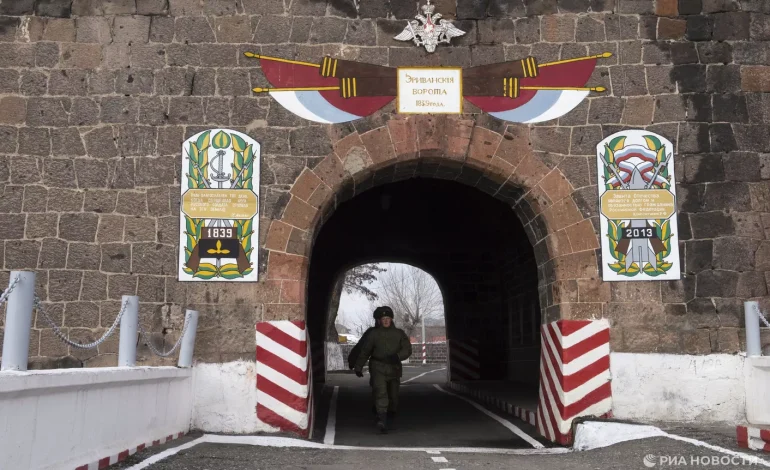
Tensions have flared between Kyiv, Moscow, and Yerevan over recent allegations by Ukraine’s military intelligence that Russia is expanding its military footprint at its long-standing 102nd military base in Gyumri, Armenia.
The Armenian government has categorically denied the claim, highlighting a deepening rift not just between the war-torn states of Ukraine and Russia, but also within the South Caucasus, where Armenia finds itself at the crossroads of shifting alliances and mounting external pressure.
According to Ukraine’s Main Intelligence Directorate (HUR), the Russian Ministry of Defense issued orders in May 2025 to reinforce the Gyumri base with new contract troops. Personnel were reportedly being recruited from multiple Russian regions, including North Ossetia, Adygea, Rostov, Volgograd, and occupied Crimea. The intelligence agency supported its claim by publishing a leaked telegram allegedly signed by Major General Serhii Zemskov, head of staff of Russia’s Southern Military District, instructing commanders to urgently identify and deploy suitable candidates to Armenia.
The document details strict screening criteria and a clear timeframe: May 13 to June 11. HUR claims the buildup is part of a broader Kremlin strategy to expand influence in the South Caucasus—particularly significant following recent tensions between Moscow and Baku over the fatal June 27 shooting of Azerbaijani citizens in Yekaterinburg.
Ukrainian officials have interpreted the move as a destabilizing measure by Russia at a moment when Armenia is increasingly seeking Western engagement.
“The deployment of Russian troops in Armenia is part of a complex Kremlin strategy aimed at destabilizing the global security situation,” said HUR spokesperson Andrii Yusov.
The Armenian government, however, has forcefully rejected Ukraine’s assertions. On July 6, Foreign Ministry spokesperson Ani Badalyan dismissed the report as “fabricated,” calling it a deliberate attempt to sow confusion and cast doubt on Armenia’s sovereignty.
“This information is aimed at confusing public opinion and undermining Armenia’s sovereignty,” Badalyan stated, reiterating that Armenia maintains a principled stance against allowing foreign actors to use its territory for hostilities against neighboring countries.
Yerevan’s rebuttal is part of a broader balancing act in Armenian foreign policy, which has shifted significantly since Russia declined to intervene during Azerbaijan’s 2023 offensive in Nagorno-Karabakh. The perceived betrayal has led Armenia to pause its participation in the CSTO and pursue closer ties with the European Union and the United States, including joint military exercises with NATO members.
However, Armenia’s official line maintains that it is not severing ties with Russia, but rather seeking a diversified and pragmatic foreign policy. Officials continue to highlight economic interdependence, military cooperation, and shared regional interests, even as diplomatic tensions increase.
Established in 1995 and home to approximately 5,000 personnel, the 102nd Russian base in Gyumri has long been seen as a cornerstone of Russian influence in Armenia and the wider South Caucasus. It is outfitted with MiG-29 fighter jets and S-300 air defense systems, underscoring its military importance.
Yet recent developments suggest a shifting narrative. Ukrainian officials cite the leaked documents as hard evidence of a new deployment strategy. Meanwhile, Armenian authorities insist there has been no change in troop levels and stress their opposition to any escalation that would jeopardize regional peace.
Moscow has not publicly confirmed the Ukrainian reports, though recent visits by Russian Foreign Minister Sergey Lavrov have sought to reaffirm the Kremlin’s partnership with Armenia. Lavrov praised bilateral ties during his May 2025 visit and announced plans to open a Russian consulate in Kapan, a move interpreted by analysts as an effort to maintain leverage in Armenia’s southern provinces and over key transit routes.
In press conferences, Lavrov struck a tone of strategic ambiguity, offering reassurances of Russia’s support while criticizing Armenia’s growing cooperation with Western institutions. Kremlin-linked voices in Russian media and politics have warned that continued alignment with NATO countries and the EU could carry consequences, though direct references to the Gyumri base remain limited.
This dispute over alleged troop movements must also be viewed in the broader context of regional realignment. Armenia’s political elite, including Prime Minister Nikol Pashinyan, are under mounting pressure domestically and externally. Pashinyan’s popularity has declined amid dissatisfaction with his handling of the Nagorno-Karabakh crisis and growing internal unrest. Opposition forces, including figures like Archbishop Bagrat Galstanyan, are preparing large-scale protests, while pro-Russian political actors like Robert Kocharyan remain active and engaged with Moscow.
Meanwhile, the West has increased its presence in the region, providing economic and civil society support while conducting joint peacekeeping exercises with Armenian forces. These moves have unsettled both Russia and Iran, who promote a more region-centric model of cooperation under the 3+3 framework involving Armenia, Azerbaijan, Georgia, and their three neighboring powers.
With input from Turkiye Today, Azernews, and Euromaidan Press.
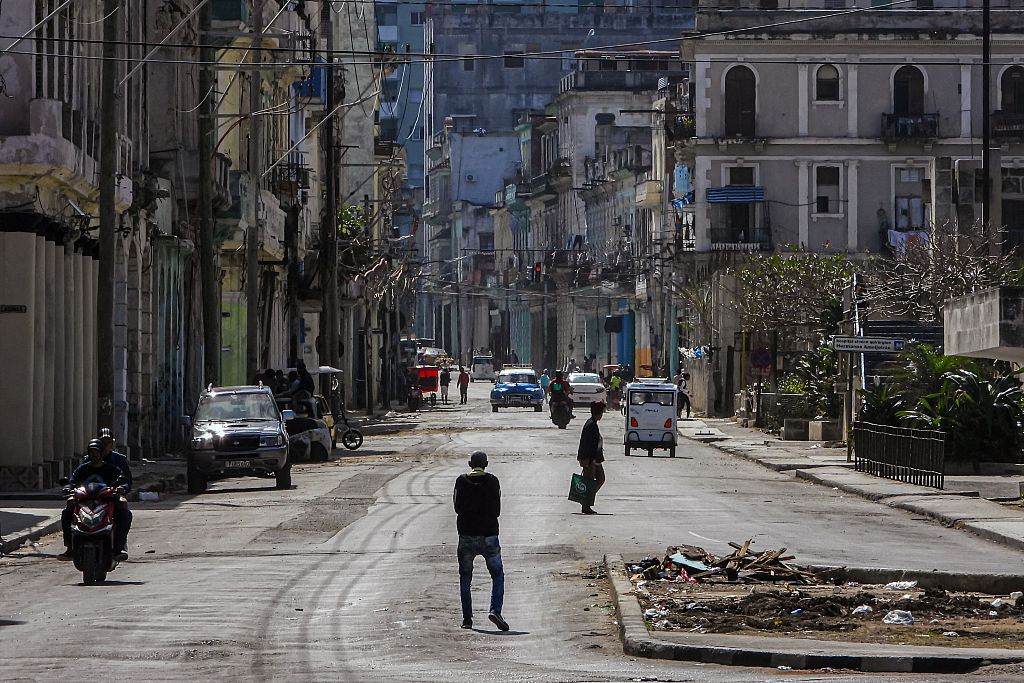
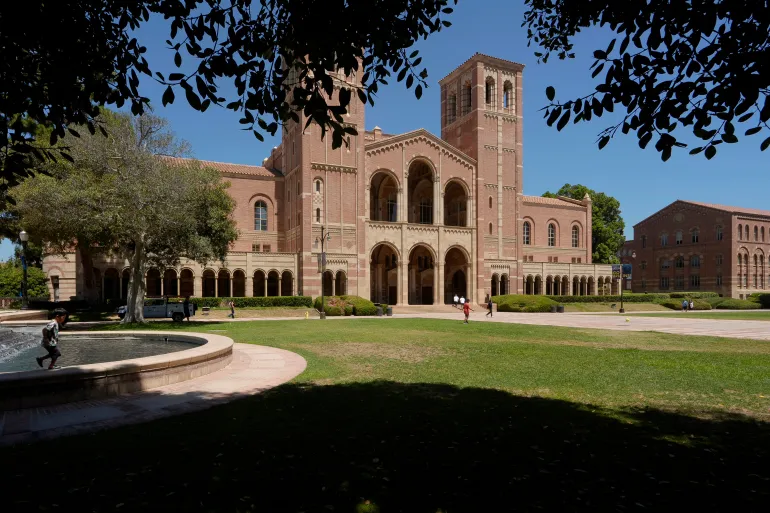

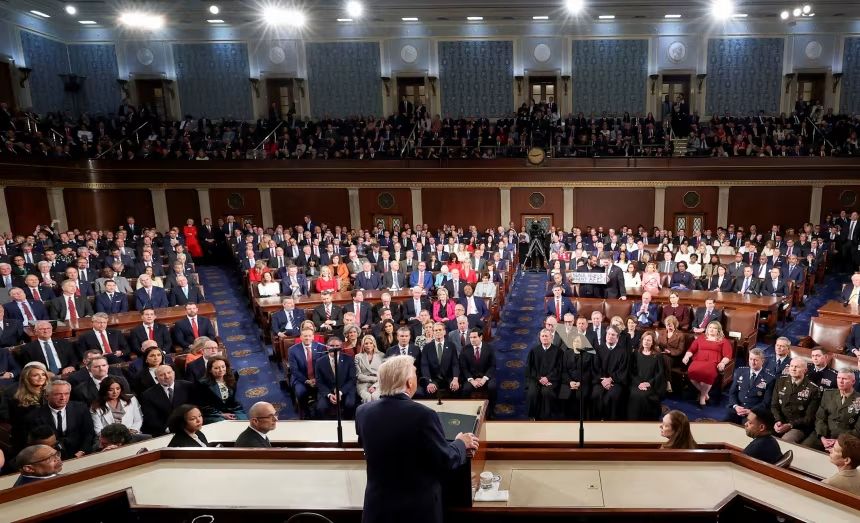
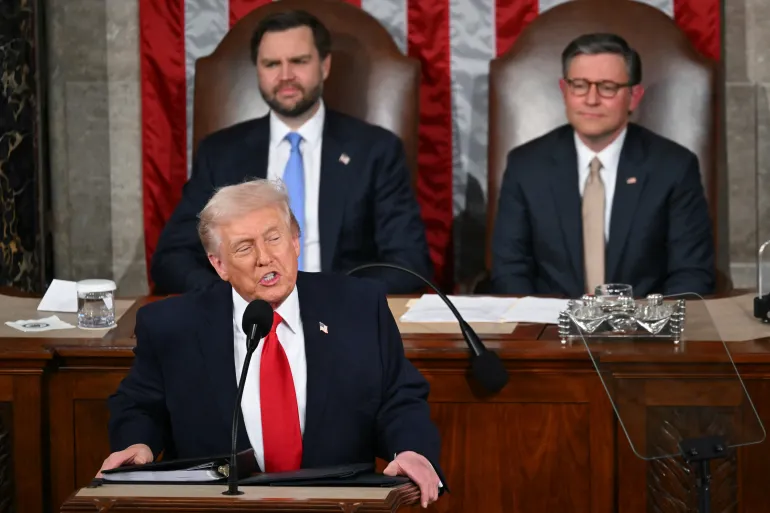




The latest news in your social feeds
Subscribe to our social media platforms to stay tuned